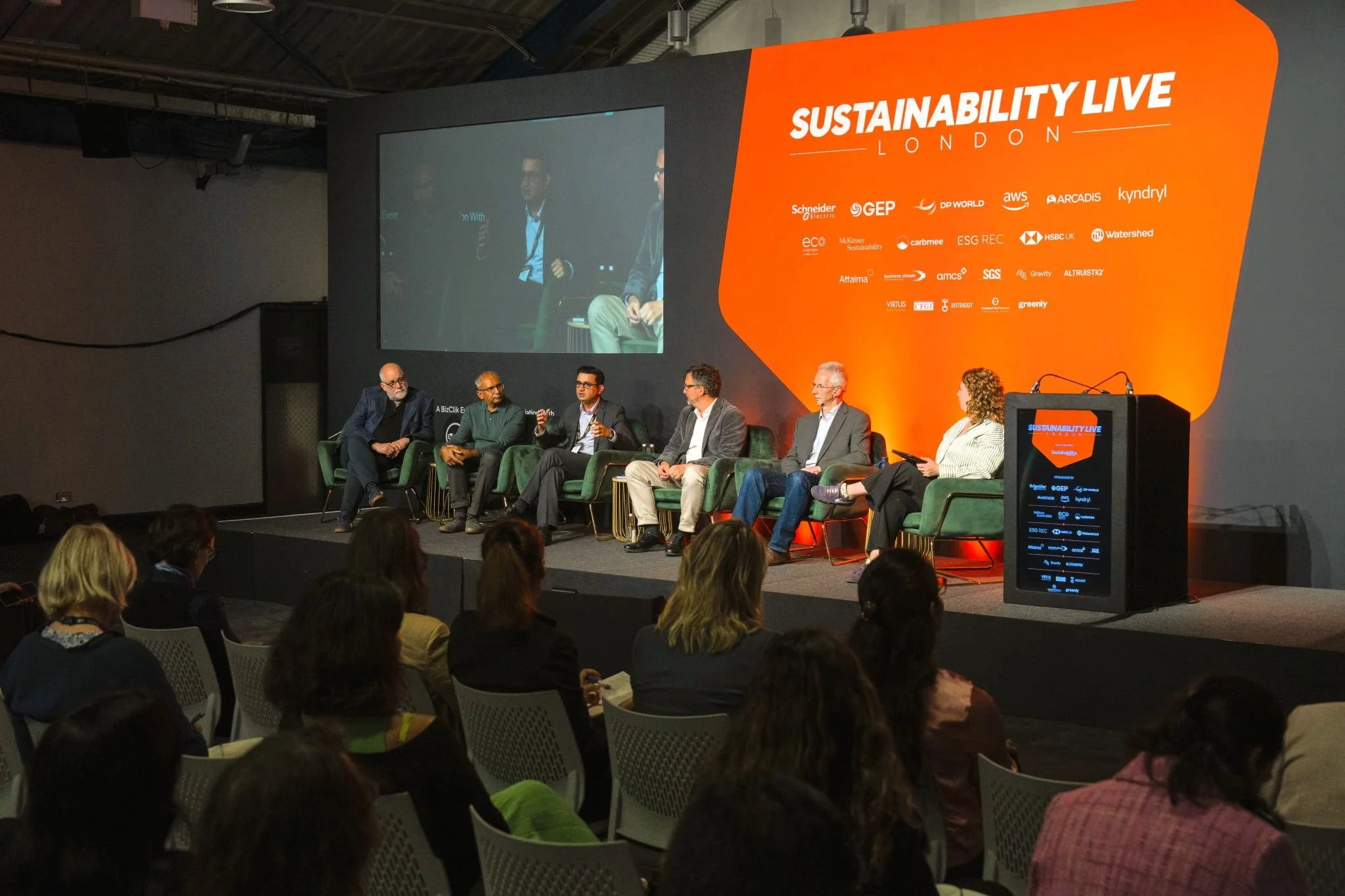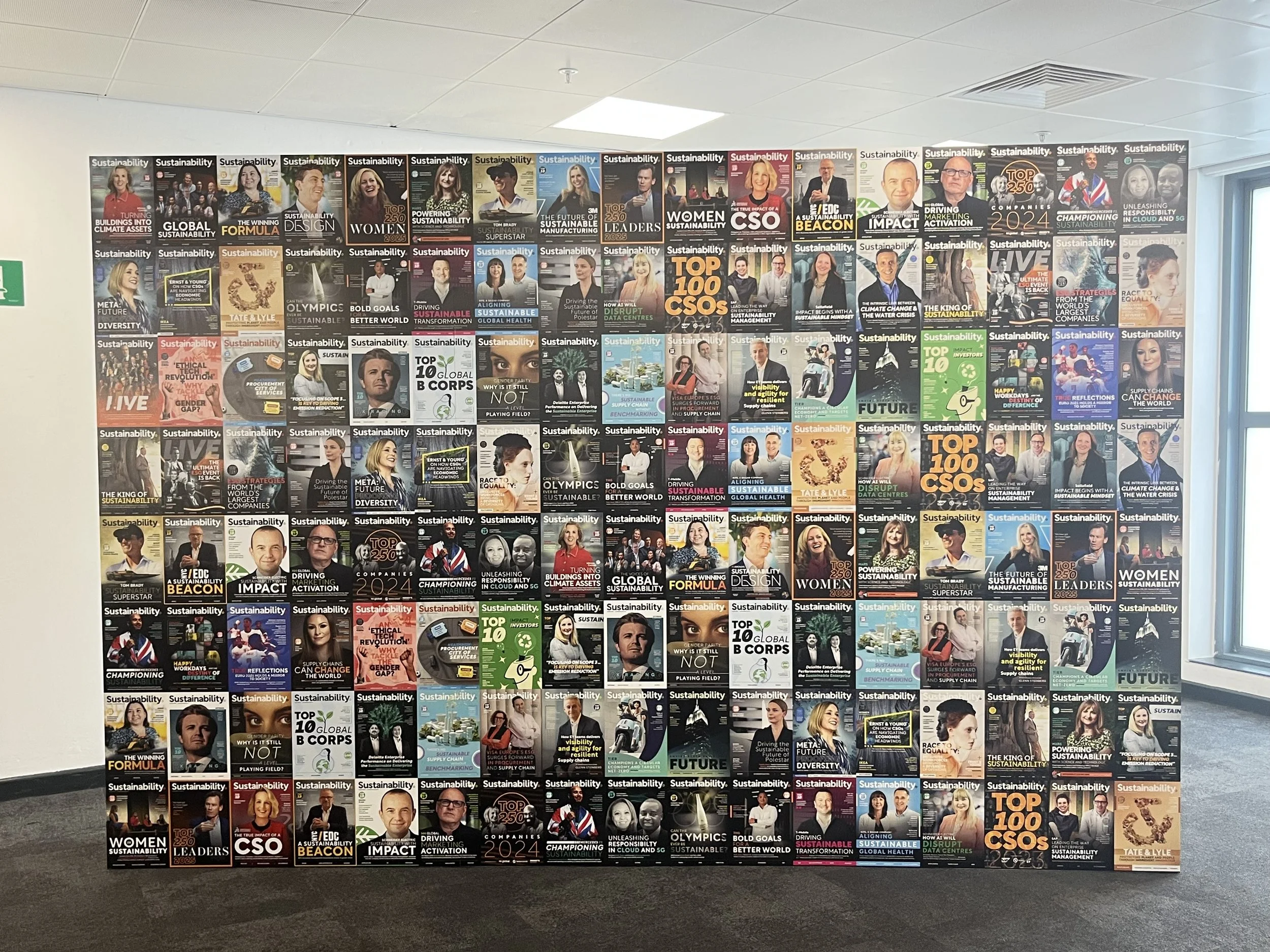AI in Sustainability: From Hype to Hope
The energy footprint of our digital world is rising fast. According to the International Energy Agency (IEA), global electricity consumption by data centre could more than double by 2030, jumping from about 415 TWh in 2024 to nearly 950 TWh.
Against this backdrop, the question is no longer whether we use AI, but how we ensure it is used for good.
On September 10, I had the privilege of attending Sustainability Live London, where I joined the audience for the AI in Sustainability panel. The discussion featured leaders from across technology and sustainability: Tim Martin (Kyndryl), Yogesh Chauhan (HubSpot), Samir Ahmed (Intertek), Sean Jones (Microsoft), Colin Seward (Cisco).
Photo credit: Samir Ahmed and Intertek
What struck me most was the balance of realism and optimism. As several panelists put it, AI isn’t a silver bullet, but it may be one of the most powerful accelerators of sustainability progress we have.
Key themes emerged clearly:
Build with the end in mind: Designing AI solutions to align with net-zero goals from the outset.
Hype vs. long-term impact: Today’s frustrations will give way to transformative breakthroughs in the years ahead, echoing Amara’s Law about overestimating short-term effects but underestimating long-term ones.
Practical progress: AI is already cutting waste, optimizing supply chains, and helping companies focus resources where they can have the greatest climate impact.
Governance matters: Standards such as ISO/IEC 42001, the world’s first international standard for AI management systems, are helping companies implement AI responsibly.
People first: Sustainability is about communities as much as carbon, and AI must serve both through equitable access and education.
Perhaps the most powerful moment came when the conversation turned to responsibility.
“AI is both an opportunity and a responsibility,” noted Samir Ahmed of Intertek.
That sentiment echoed throughout the panel: technology alone cannot solve the climate crisis, but when developed responsibly and collaboratively, it can be a catalyst for sustainable change.
Huge thanks to the brilliant panellists for sharing their insights and to the team behind Sustainability Live for creating such a vital platform for these conversations.

